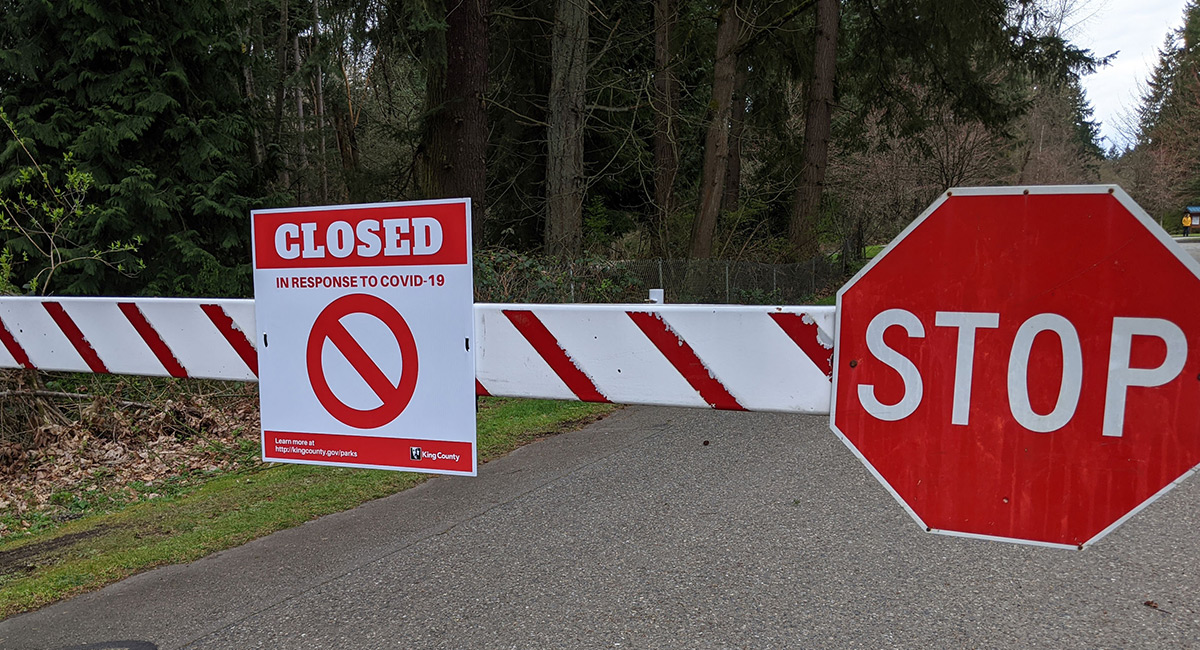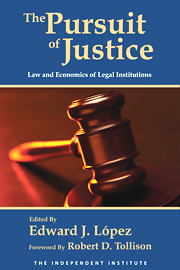As we learn more about the coronavirus pandemic—and governments’ bungled attempts to address it—the recent protests across the country illustrate that more and more people are questioning whether governments have gone too far with heavy-handed, one-size-fits-all policies that infringe upon our property rights, Second Amendment rights and freedoms of travel, peaceable assembly, association, and practice of religion.
A silver lining of the coronavirus pandemic is that it has starkly demonstrated the errors in centralizing the power to make sweeping health and economic decisions that affect the lives of millions. The COVID-19 catastrophe has laid bare how these government diktats, oftentimes the result of bureaucratic inertia and naked special-interest lobbying, not only do not genuinely serve a public purpose but actually endanger our physical and economic health.
This can perhaps be most easily seen in the way federal, state and local governments have so quickly abandoned numerous laws and regulations that we good citizens were previously told were so important to our well-being. But if they are not necessary during such a crisis, when public health is the primary concern, then they certainly cannot be justified—and should not be allowed to persist—during normal times.
The Centers for Disease Control and Prevention and the Food and Drug Administration initially prohibited any private laboratories, universities or other public agencies from developing COVID-19 diagnostic tests. They were forced to relent after the CDC’s own tests proved unreliable, but not before the virus had had weeks to continue spreading. Moreover, Congress had to pass a law in mid-March to allow hospitals to purchase industrial N95 protective masks (which are essentially identical to medical masks)—though it can still take up to three months to certify new suppliers—and regulations on the manufacture and use of ventilators were eventually eased to address supply shortages. These are prime examples, however, of how errors are compounded by centralization, compared to the more nimble and innovative reactions of numerous providers in a free market.
In addition, the Centers for Medicare and Medicaid Services waived restrictions on Medicare providers’ use of telemedicine, which will provide patients with more convenience and help prevent further spread of the disease that would otherwise occur during in-person doctor visits. They are also waiving certain paperwork requirements, allowing hospitals to prescreen patients at offsite locations and permitting them to increase capacity by utilizing other healthcare facilities and remote sites, and suspending rules that limit rural “critical access hospitals” to 25 beds and 96-hour stays for patients.
U.S. Secretary of Health and Human Services Alex Azar and a number of states have streamlined or waived occupational licensing laws that prevent doctors and nurses from working across state lines (not to mention restricting supply and consumer choice while raising prices without improving the quality of service). Similarly, a number of states have suddenly realized that “scope of practice” laws that require doctors to perform certain services that nurses are perfectly qualified to do are unnecessary, and suspended them.
Many of the 35 states that have “certificate of need” laws have also been forced to waive them in light of the harm they were causing. These laws require those wishing to open a new hospital or other healthcare facility, increase the number of hospital beds, purchase certain medical equipment, or operate an ambulance service to prove to the government that there is an adequate need for their services. Worse still, any potential negative effects from the new competition on existing providers are considered sufficient grounds for rejection, effectively giving incumbent operators veto power over the decision to allow new competitors. Can you imagine a law that would allow McDonald’s to say whether a new Burger king or In-n-Out Burger restaurant should be allowed to open? Or give Walgreens the ability to veto a new CVS store? And we wonder why access to health care is limited and costs are out of control.
Superfluous and harmful regulations are hardly limited to the health industry, however. Federal and state rules have also been relaxed, albeit temporarily, to allow the delivery of alcohol and marijuana, lift the cap on truckers’ hours and permit food trucks at freeway rest stops, and suspend restaurant inspections and certain food labeling requirements. Maine and New York have postponed the implementation of their single-use plastic bag bans, in light of research showing that reusable bags can harbor and spread diseases. And California recently eased child care regulations to allow more flexibility in hours of operation, the ages of children under care and the ability to prioritize the kids of essential workers. Now, if we could only get rid of Assembly Bill 5, which has destroyed the livelihoods of numerous independent contractors throughout the state.
To ensure that our dedication to change does not dissipate after we return to a sense of normalcy, regulatory reform should be included in future COVID-related legislation. In addition, as scholars at the Mercatus Center have wisely suggested, we should use a process similar to the one used to close unneeded military bases, in which Congress and state legislatures would limit special-interest influence by taking a single up-or-down vote on reforming or eliminating a large swath of the kinds of regulations that have been waived during the coronavirus crisis.
By making these temporary regulatory waivers permanent and rooting out similarly harmful and unnecessary regulations in other industries we will enhance our health and prosperity while protecting our cherished freedoms.









